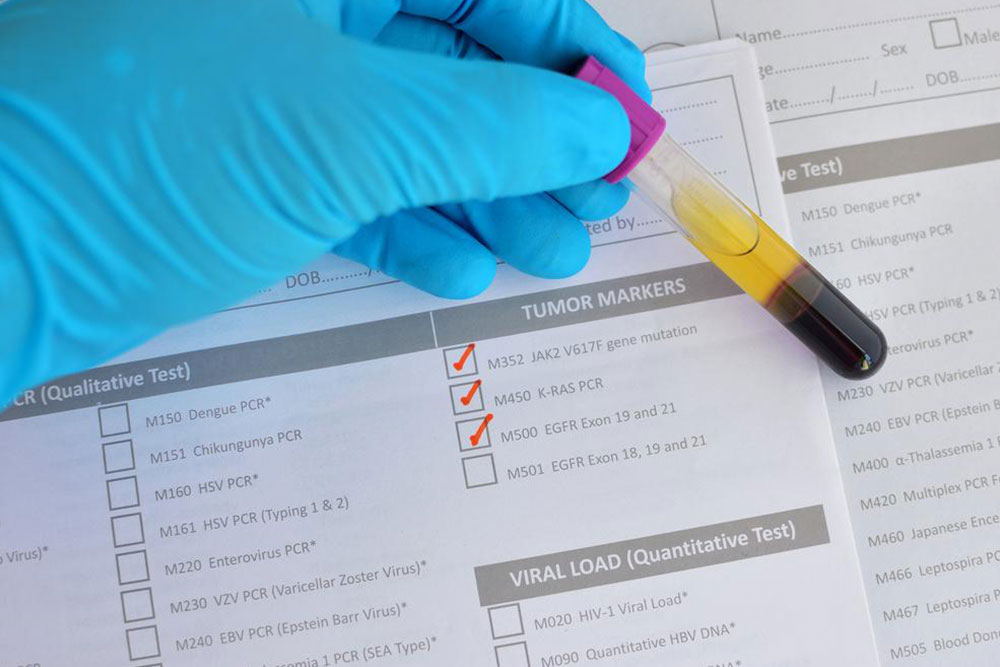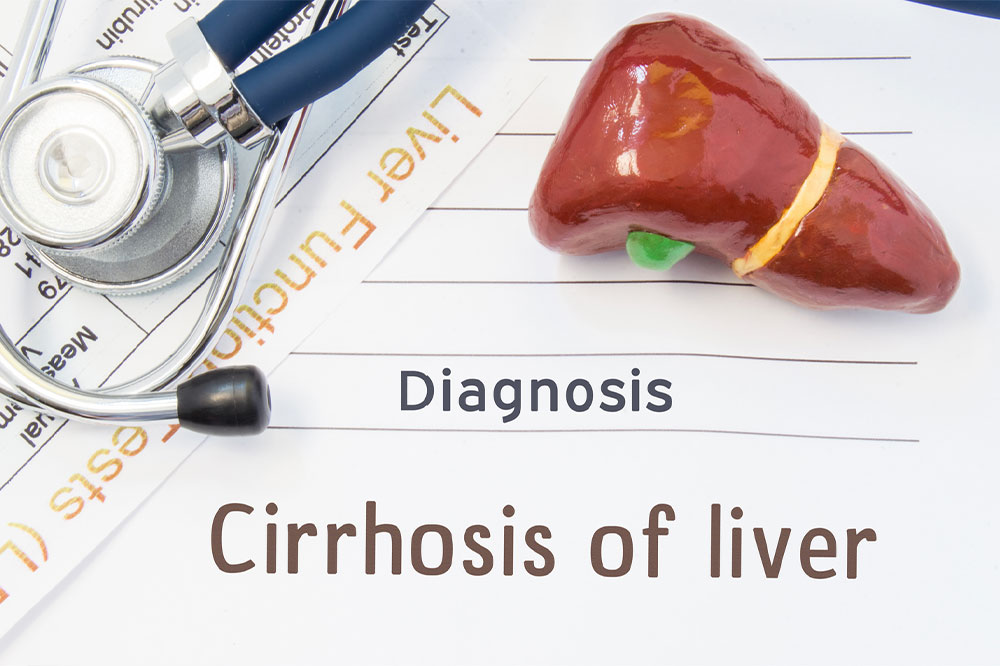Understanding Elevated Liver Enzymes: Causes, Symptoms, and Solutions
This article explains the causes, symptoms, and treatments for elevated liver enzymes. It highlights conditions like fatty liver, hepatitis, and autoimmune responses, emphasizing the importance of early detection through liver function tests. Managing lifestyle factors and seeking medical advice are key to maintaining liver health and preventing severe complications such as cirrhosis. Regular monitoring and prompt intervention can help keep your liver functioning optimally, safeguarding your long-term health.
Sponsored

The liver is a crucial organ responsible for filtering blood, detoxifying harmful substances, and producing enzymes that facilitate vital chemical processes. When liver enzyme levels become elevated, it can indicate liver damage or other health concerns. Regular monitoring allows early detection and effective treatment, preventing further injury. Recognizing symptoms early helps in prompt intervention, protecting overall health. Routine liver function tests are essential tools for maintaining optimal liver health and catching issues before they progress.
Common Causes
Often, increases in enzymes like alanine transaminase (ALT) and aspartate transaminase (AST) signal liver stress. Various conditions including liver diseases, infections, or exposure to toxins can lead to high enzyme counts.
Some common causes include:
Fatty Liver Disease: Prevalent in about a quarter of adults, especially those with metabolic syndrome or type 2 diabetes. It causes inflammation and liver cell damage, often raising enzyme levels. Severe cases may lead to hepatitis or cirrhosis.
Viral Hepatitis: Infections like hepatitis B and C can cause liver inflammation, resulting in elevated enzymes that may indicate ongoing inflammation or damage.
Toxic Hepatitis:
Exposure to harmful chemicals, pesticides, industrial toxins, or certain medications can inflame the liver, leading to increased enzyme levels.
Autoimmune Hepatitis: This occurs when the immune system mistakenly attacks the liver, causing inflammation and enzyme elevation.
Metabolic Syndrome: Conditions like high blood pressure, high blood sugar, and high cholesterol raise the risk of liver issues and elevated enzymes.
Symptoms
Signs of liver dysfunction include:
Jaundice: Yellowing of the skin and eyes due to bilirubin buildup indicates poor liver performance. It may be accompanied by dark urine, pale stools, and itching.
Persistent Fatigue: Unrelenting tiredness that persists despite rest points to compromised liver function impacting energy production.
Loss of Appetite: Reduced desire to eat, nausea, and vomiting can result from toxin buildup affecting digestion.
Abdominal Discomfort: Pain or swelling in the upper right abdomen, often with fluid accumulation (ascites), highlights liver inflammation or enlargement.
Management options involve diagnosis through blood tests, followed by targeted treatment:
- Lifestyle modifications and diet changes for fatty liver.
- Addressing metabolic syndrome with lifestyle adjustments and medication.
- Managing hepatitis with medication, rest, adequate hydration, and nutrition.
Early diagnosis and intervention are vital to prevent progression into severe liver conditions like cirrhosis, helping to maintain healthy liver enzyme levels and overall well-being.






